Disaster with Gas Company
wolfe15136
16 years ago
Related Stories
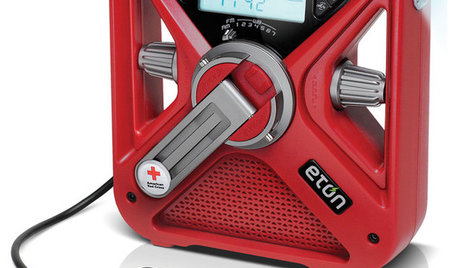
HOME TECH7 Ways to Charge Up and Connect After Disaster
Products and tips for communicating and keeping essential items running till the power's back on
Full Story
DESIGN FOR GOODShelter in a Storm: Architects Improve Global Disaster Relief
Temporary housing takes a well-designed turn with affordable, easily stored structures that address privacy
Full Story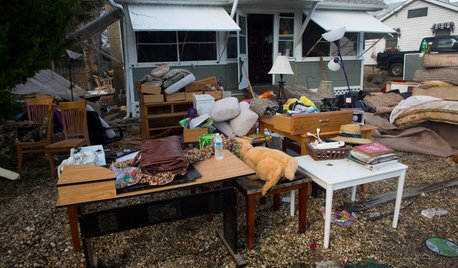
DISASTER PREP & RECOVERYHow to Prep for Disaster Insurance Claims
Tools and tips for making an inventory list, documenting damage to your home, and working with your adjuster
Full Story
DECORATING GUIDESDecorating With Neon: It’s a Gas
Illuminated letters are lighting up interiors. What would your sign say?
Full Story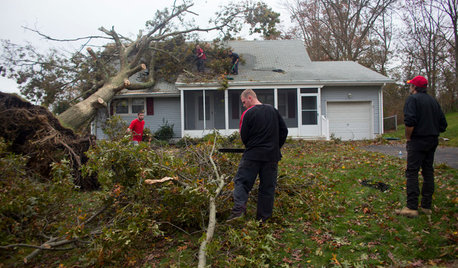
MOST POPULARWhat to Do After a Hurricane or Flood
How you treat your home after a natural disaster can make all the difference in its future livability — and your own personal safety
Full Story
MOST POPULAR15 Remodeling ‘Uh-Oh’ Moments to Learn From
The road to successful design is paved with disaster stories. What’s yours?
Full Story
KITCHEN APPLIANCESFind the Right Cooktop for Your Kitchen
For a kitchen setup with sizzle, deciding between gas and electric is only the first hurdle. This guide can help
Full Story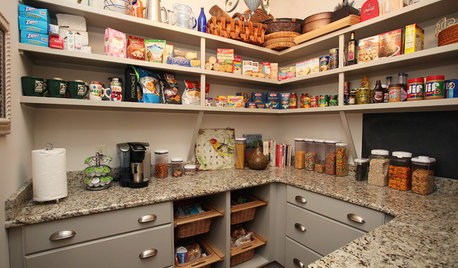
LIFEHow to Prepare for and Live With a Power Outage
When electricity loss puts food, water and heat in jeopardy, don't be in the dark about how to stay as safe and comfortable as possible
Full Story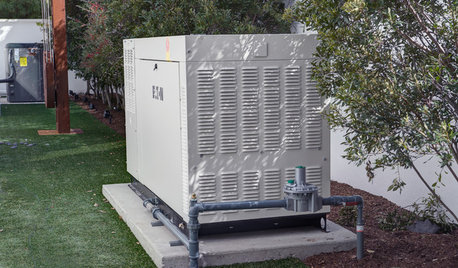
DISASTER PREP & RECOVERYMore Power to You: How to Pick the Right Generator
If your home's electricity goes, don't let it take your necessities with it — keep systems running with this guide to backup power
Full Story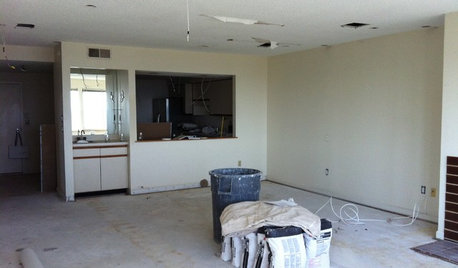
DISASTER PREP & RECOVERYRemodeling After Water Damage: Tips From a Homeowner Who Did It
Learn the crucial steps and coping mechanisms that can help when flooding strikes your home
Full Story







mebits
calliope
Related Professionals
Hammond Kitchen & Bathroom Designers · Highland Park Kitchen & Bathroom Designers · King of Prussia Kitchen & Bathroom Designers · Northbrook Kitchen & Bathroom Designers · Ocala Kitchen & Bathroom Designers · Saint Peters Kitchen & Bathroom Designers · San Jacinto Kitchen & Bathroom Designers · Albuquerque Kitchen & Bathroom Remodelers · Durham Kitchen & Bathroom Remodelers · Phoenix Kitchen & Bathroom Remodelers · Baton Rouge Architects & Building Designers · Daly City Architects & Building Designers · Middle River Architects & Building Designers · Pembroke Architects & Building Designers · South Barrington Architects & Building Designersjohnmari
mom2lilenj
brickeyee
sautesmom Sacramento
brickeyee
s_anthony